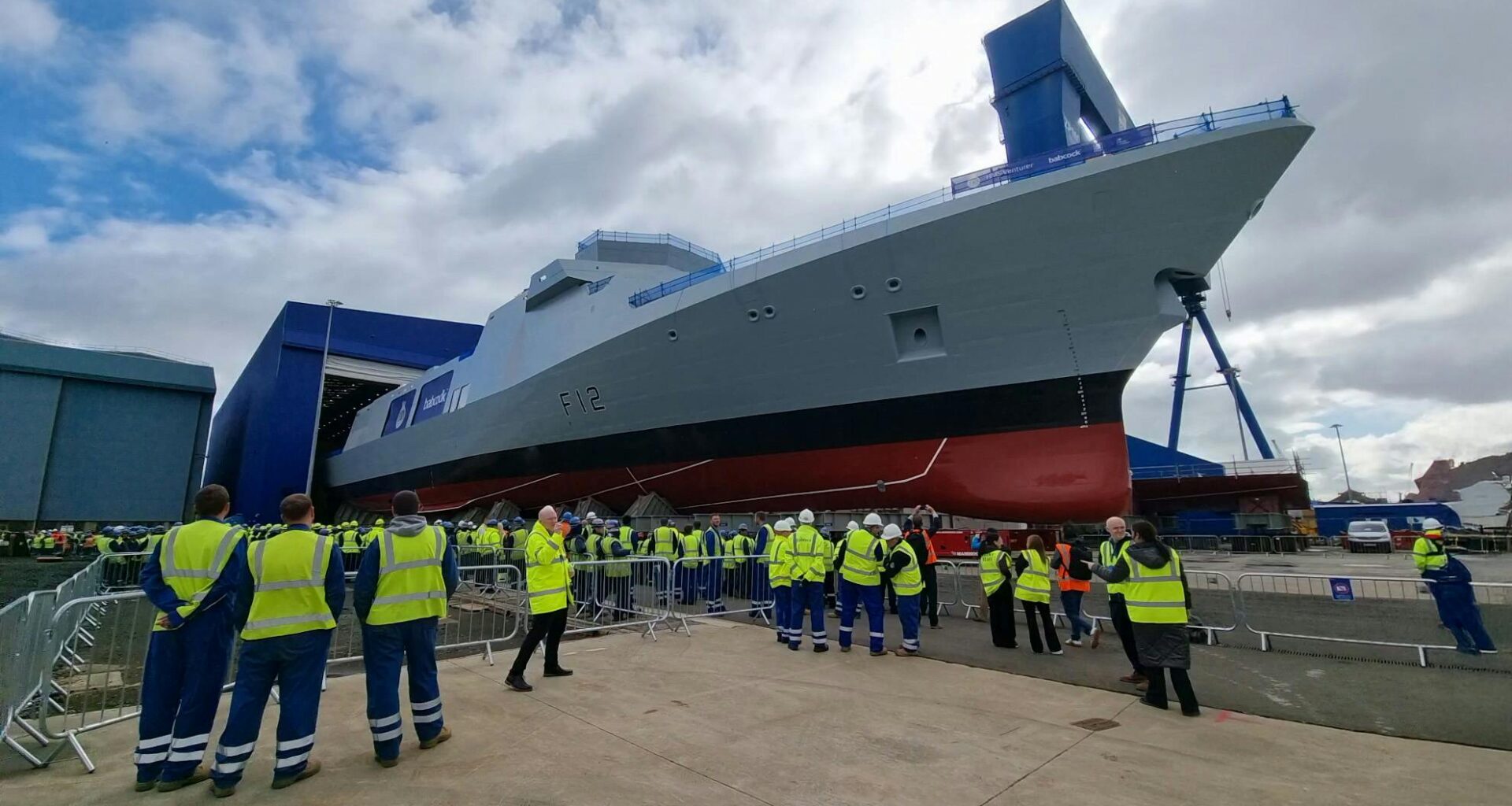The UK Government is working on prospective orders centred on Babcock’s Type 31 frigate built at Rosyth, a move that would expand British naval exports and deepen defence ties with northern Europe.
The Financial Times reported that London is in advanced talks with both Copenhagen and Stockholm, with one source describing an agreement with Denmark as “very close, almost nailed on.” Talks with Sweden were said to be “very positive” though more complex, as Stockholm is also weighing a competing French offer alongside British proposals.
According to the paper, Denmark is expected to order three Type 31s this month, while Sweden is considering four vessels, with a decision due before the end of the year. Both deals would involve construction at Babcock’s Rosyth yard in Fife, which already builds the Royal Navy’s Type 31 fleet.
Scottish shipyards to build more frigates after Norway deal
The Danish defence minister Troels Lund Poulsen signalled a clear shift away from insisting on an entirely domestic programme. Speaking to Berlingske Tidende, he said: “These are investments worth a double-digit billion, and that is why we have given ourselves a little more time to think about how to produce frigates in Denmark. This can be done in many different ways, but what is clear to me is that Denmark cannot do it alone.” He added that cooperation with NATO partners experienced in frigate construction would be essential.
HMS Venturer foremast installed at Rosyth
Danish defence analyst Hans Peter Michaelsen also questioned the viability of a national-only approach, telling Berlingske that while local yards were capable, none had built a vessel of the size required in the past 15 years, making an international solution more realistic.
The developments come on the heels of Norway’s decision to acquire at least five BAE Systems Type 26 frigates, also built in Glasgow, under what Oslo has called its largest ever defence procurement. Norway has made clear that its vessels will be as similar as possible to those of the Royal Navy to ensure seamless cooperation in the North Atlantic.
Taken together, the prospective Danish and Swedish contracts would underline Britain’s position as a preferred naval supplier in northern Europe, tying in with the government’s ambition to use the defence industry as a pillar of economic growth while reinforcing NATO’s maritime strength in the Arctic and North Atlantic.
